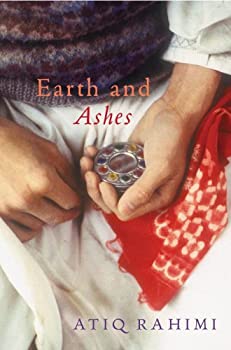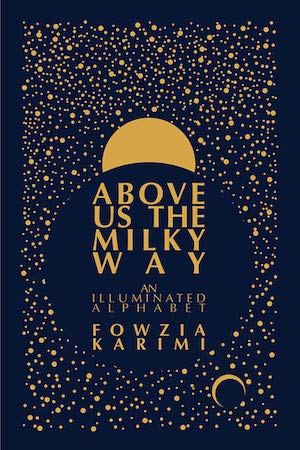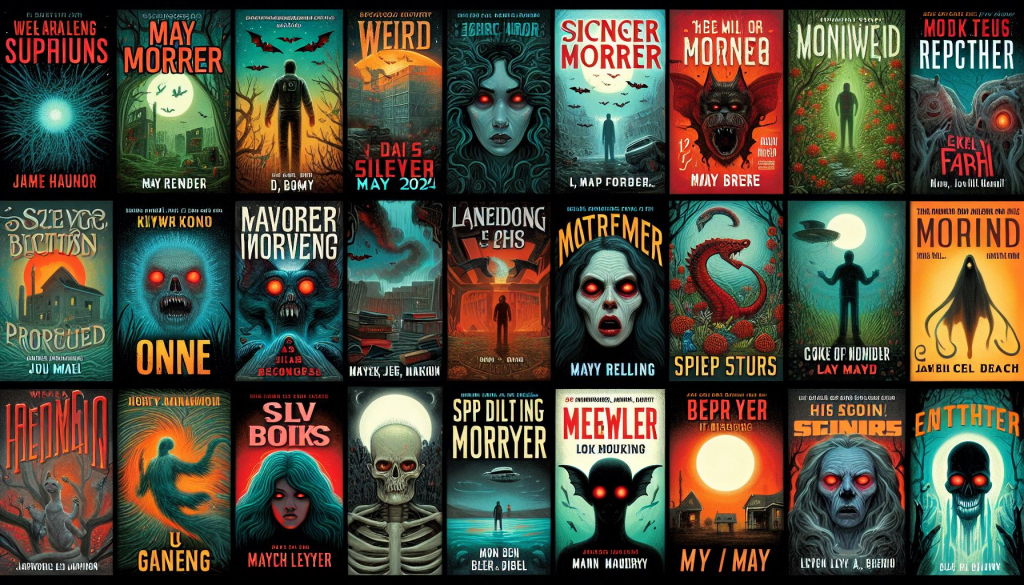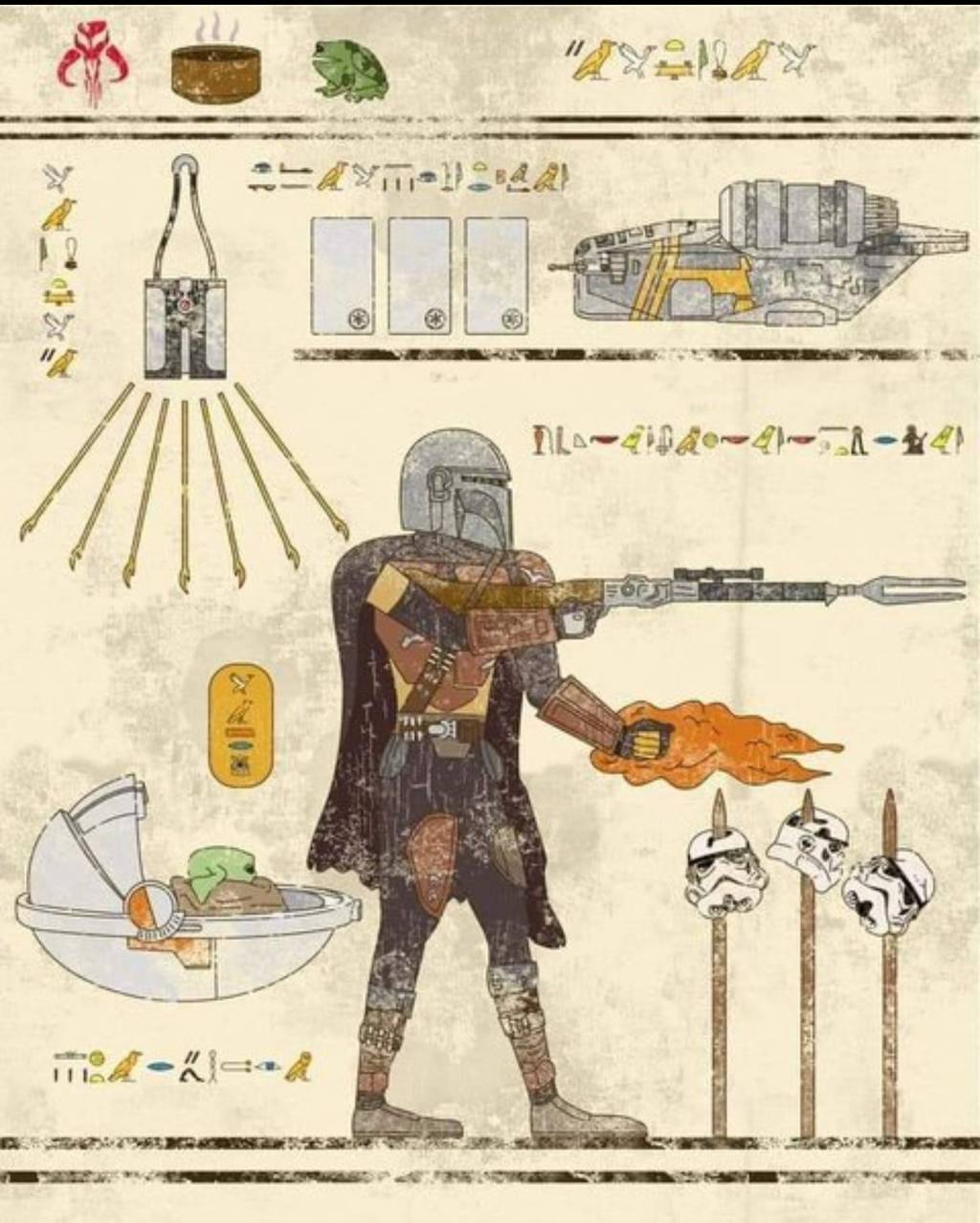With the media attention being on Afghanistan’s situation, we can’t help but feel worried for the future of the people of Afghanistan. Literature helps us learn empathy; empathy for other human beings living in remote areas of the world under strict, horrifying conditions that we as readers, only dare read about in books. We know that books can only do so much, but as bibliophiles, trying to understand the struggles that these Afghanistan people go through, is the least we can do.
While many are familiar with “A Thousand Splendid Suns,” and “The Kite Runner,” there are many other books worth mentioning that share the culture via Afghanistan’s Literature. Below, we have listed some books, from poetry, to fiction to non-fiction, to memoirs. We hope to shed some light and empathy during their struggles.
Fiction – Afghanistan Literature
Born Under a Million Shadows by Andrea Busfield

Andrea Busfield is a British journalist who traveled to Afghanistan in 2001 to report on the decline of the Taliban. During her many trips there, she met children who earned for their families by catering to tourists in profusely creative ways. One of these children, Fawad, was the mischievous but charming devil after whom she named the protagonist of Born Under A Million Shadows.
Through Fawad’s vibrant vision, Busfield transports us to a country that lives in perpetual fear of an apparently dismantled organization, and yet rises above the gloom to somehow keep its humanity thriving.
A Bed of Red Flowers: In Search of My Afghanistan by Nelofer Pazila

As a young girl growing up in 1970s Afghanistan, Nelofer Pazira seems destined for a bright future. The daughter of liberal-minded professionals, she enjoys a safe, loving, and privileged life. Some of her early memories include convivial family picnics and New Years’ celebrations overlooking the thousands of red flowers that carpet the hills of Mazar. But Nelofer’s world is shattered when she is just five and her father is imprisoned for refusing to support the communist party. This episode plants a “seed of anger” in her, which is given plenty of opportunities to grow as the years unfold.
A Bed of Red Flowers is a gripping, heart-rending story about a country caught in a struggle of the superpowers – and of the real people behind the politics. Universally acclaimed for its astute insights and extraordinary humanity, Pazira’s memoir won the Drainie-Taylor Biography Prize in 2005. The Winnipeg Free Press writes: “Powerfully written, A Bed of Red Flowers is a rare account of a misunderstood country and its intrepid people, trying to live ordinary lives under extraordinary circumstances.” The Gazette (Montreal) describes the book as “an outpouring of passionate non-fiction that captivates like the tales of Sheherazade.… It’s a remarkable journey. An inspiring read.”
Earth and Ashes by Atiq Rahimi

At fewer than 70 pages, Atiq Rahimi’s book charts a story of great magnitude on a small canvas. The author is an Afghan exile living in Paris, and this intricate first fable of his was thunderously received in France. It tells the story of Dastaguir and his grandson, the only survivors of a vicious Soviet attack on their village, and their subsequent journey in search of the boy’s father.
If you are enjoying this list on Afghanistan Literature, check out some of our love of literature content at the Ritual, here.
Although the book was criticized for being unidiomatic and too detached, its film adaptation, directed by the author himself, was the recipient of numerous accolades, including an award at Cannes.
And the Mountains Echoed by Khaled Hosseini

So, then. You want a story and I will tell you one…Afghanistan, 1952. Abdullah and his sister Pari live with their father and stepmother in the small village of Shadbagh. Their father, Saboor, is constantly in search of work and they struggle together through poverty and brutal winters. To Abdullah, Pari – as beautiful and sweet-natured as the fairy for which she was named – is everything. More like a parent than a brother, Abdullah will do anything for her, even trading his only pair of shoes for a feather for her treasured collection. Each night they sleep together in their cot, their heads touching, their limbs tangled.
One day the sibling’s journey across the desert to Kabul with their father. Pari and Abdullah have no sense of the fate that awaits them there, for the event which unfolds will tear their lives apart; sometimes a finger must be cut to save the hand. Crossing generations and continents, moving from Kabul to Paris, to San Francisco, to the Greek island of Tinos, with profound wisdom, depth, insight, and compassion, Khaled Hosseini writes about the bonds that define us and shape our lives, the ways in which we help our loved ones in need, how the choices we make resonate through history and how we are often surprised by the people closest to us.
Above Us the Milky Way by Fowzia Karimi

Above Us, the Milky Way is a story about war, immigration, and the remarkable human capacity to create beauty out of horror. As a young family attempts to reconstruct their lives in a new and peaceful country, they are daily drawn back to the first land through remembrance and longing, by news of the continued suffering and loss of loved ones, and by the war dead, who have immigrated and reside with them, haunting their days and illuminating the small joys and wonders offered them by the new land.
The novel’s structure is built around the alphabet, twenty-six pieces written in the first person that sketch a through-line of memory for the lives of the five daughters, mother, and father. Ghost stories and fairytales are woven with old family photographs and medieval-style watercolor illuminations to create loss and remembrance.
Non-Fiction – Afghanistan Literature
Dancing in the Mosque by Homeira Qaderi

In the days before Homeira Qaderi gave birth to her son, Siawash, the road to the hospital in Kabul would often be barricaded because of the frequent suicide explosions. With the city and the military on edge, it was not uncommon for an armed soldier to point his gun at the pregnant woman’s bulging stomach, terrified that she was hiding a bomb. Frightened and in pain, she was once forced to make her way on foot. Propelled by the love she held for her soon-to-be-born child, Homeira walked through blood and wreckage to reach the hospital doors. But the joy of her beautiful son’s birth was soon overshadowed by other dangers that would threaten her life.
No ordinary Afghan woman, Homeira refused to cower under the strictures of a misogynistic social order. Defying the law, she risked her freedom to teach children reading and writing and fought for women’s rights in her theocratic and patriarchal society.
Devastating in its power, Dancing in the Mosque is a mother’s searing letter to a son she was forced to leave behind. In telling her story–and that of Afghan women–Homeira challenges you to reconsider the meaning of motherhood, sacrifice, and survival. Her story asks you to consider the lengths you would go to protect yourself, your family, and your dignity.
The Underground Girls of Kabul: In Search of a Hidden Resistance in Afghanistan by Jenny Nordberg
An investigative journalist uncovers a hidden custom that will transform your understanding of what it means to grow up as a girl.

In Afghanistan, a culture ruled almost entirely by men, the birth of a son is cause for celebration and the arrival of a daughter is often mourned as misfortune. A bacha posh (literally translated from Dari as “dressed up like a boy”) is a third kind of child – a girl temporarily raised as a boy and presented as such to the outside world. Jenny Nordberg, the reporter who broke the story of this phenomenon for the New York Times, constructs a powerful and moving account of those secretly living on the other side of a deeply segregated society where women have almost no rights and little freedom.
If you are enjoying this list on Afghanistan Literature, check out some of our love of literature content at the Ritual, here.
At the heart of this emotional narrative is a new perspective on the extreme sacrifices of Afghan women and girls against the violent backdrop of America’s longest war. Divided into four parts, the book follows those born as the unwanted sex in Afghanistan, but who live as the socially favored gender through childhood and puberty, only to later be forced into marriage and childbirth. The Underground Girls of Kabul charts their dramatic life cycles while examining our own history and the parallels to subversive actions of people who live under oppression everywhere.
Forbidden Lessons in a Kabul Guesthouse: The True Story of a Woman Who Risked Everything to Bring Hope to Afghanistan by Suraya Sadeed, Damien Lewis
Since her first humanitarian visit to Afghanistan in 1994, Suraya Sadeed has been personally delivering relief and hope to Afghan orphans and refugees, to women and girls in inhuman situations deemed too dangerous for other aid workers or for journalists. Her memoir of these missions, “Forbidden Lessons in a Kabul Guesthouse,” is as unconventional as the woman who has lived it. This is no humanitarian missive; it is an adventure story with heart.

To help the Afghan people, Suraya has flown in a helicopter piloted by a man who was stoned beyond reason. She has traveled through mountain passes on horseback alongside mules, teenage militiamen, and Afghan leaders. Suraya has stared defiantly into the eyes of members of the Taliban and of the Mujahideen who were determined to slow or stop her. She has hidden and carried $100,000 in aid, strapped to her stomach, into ruined villages. ShSuraya has built clinics. She has created secret schools for Afghan girls. She has dedicated the second half of her life to the education and welfare of Afghan women and children, founding the organization Help the Afghan Children (HTAC) to fund her efforts.
Suraya was born the daughter of the governor of Kabul amid grand walls, beautiful gardens, and peace. In the aftermath of the Soviet invasion of Afghanistan in 1979, she fled to the United States with her husband, their young daughter, their I-94 papers, and little else. In America, she became the workaholic owner of a prosperous real estate company, enjoying all the worldly comforts anyone could want, but when a personal tragedy struck in the early 1990s, Suraya seriously questioned how she was living and soon sharply changed the direction of her life.
The Favored Daughter by Fawzia Koofi

The nineteenth daughter of a local village leader in rural Afghanistan, Fawzia Koofi was left to die in the sun after birth by her mother. But she survived, and perseverance in the face of extreme hardship has defined her life ever since. Despite the abuse of her family, the exploitative Russian and Taliban regimes, the murders of her father and brother, and numerous attempts on her life, she rose to become the first Afghani woman Parliament speaker.
Here, she shares her amazing story, punctuated by a series of poignant letters she wrote to her two daughters before each political trip-letters describing the future and freedoms she dreamed of for them and for all the women of Afghanistan. Her story movingly captures the political and cultural moment in Afghanistan, a country caught between the hope of progress and the bitter truth of history.
A Woman Among Warlords: The Extraordinary Story of an Afghan Who Dared to Raise Her Voice by Malalai Joya

Malalai Joya was named one of Time magazine’s 100 Most Influential People of 2010. An extraordinary young woman raised in the refugee camps of Iran and Pakistan, Joya became a teacher in secret girls’ schools, hiding her books under her burqa so the Taliban couldn’t find them; she helped establish a free medical clinic and orphanage in her impoverished home province of Farah; and at a constitutional assembly in Kabul, Afghanistan, in 2003, she stood up and denounced her country’s powerful NATO-backed warlords. She was twenty-five years old. Two years later, she became the youngest person elected to Afghanistan’s new Parliament.
If you are enjoying this list on Afghanistan Literature, check out some of our love of literature content at the Ritual, here.
Joya takes us inside this massively essential and insufficiently understood country, shows us the desperate day-to-day situations its remarkable people face at every turn, and recounts some of the many acts of rebellion that are helping to change it. A controversial political figure in one of the most dangerous places on earth, Malalai Joya is a hero for our times.
Games Without Rules: The Often Interrupted History of Afghanistan by Tamim Ansary

Today, most Westerners still see the war in Afghanistan as a contest between democracy and Islamist fanaticism. That war is real; but it sits atop an older struggle, between Kabul and the countryside, between order and chaos, between a modernist impulse to join the world and the pull of an older Afghanistan: a tribal universe of village republics permeated by Islam.
Now, Tamim Ansary draws on his Afghan background, Muslim roots, and Western and Afghan sources to explain history from the inside out, and to illuminate the long, internal struggle that the outside world has never fully understood. It is the story of a nation struggling to take form, a nation undermined by its own demons while, every 40 to 60 years, a great power crashes in and disrupts whatever progress has been made.
Poetry – Afghanistan Literature
Load Poems Like Guns translated by Farzana Marie

Load Poems Like Guns is an important book. It gives an eloquent and wrenching witness to voices from another place and another poetry: voices with a unique mix of formal power and personal pain. Eight Afghan women poets are eloquently translated here by Farzana Marie, including the tragic and luminously gifted Nadia Anjuman.
This is a bilingual edition; the English and Dari are side by side, allowing us a glimpse of the mysterious and profound Persian poetic tradition. This is a book every poet and every reader of poetry should seek out. It amplifies our understanding. It broadens our sense of the identity of the poet. Above all, it makes available a rich and troubling narrative we need to hear.
A groundbreaking collection of poetry by eight contemporary Afghan women poets in English translation en face with the original Persian Dari text. These poets live in Herat, the ancient epicenter of literature and the arts.
Frazana Marie is a Ph.D. candidate in Middle Eastern literature at the University of Arizona. She served as an active-duty officer for over six years including two years of deployed service in Afghanistan. She is president of Civil Vision International, a nonprofit focusing on influencing international relationships.
Memoir – Afghanistan Literature
Opium Nation by Fariba Nawa

Afghan-American journalist Fariba Nawa delivers a revealing and deeply personal exploration of Afghanistan and the drug trade which rules the country, from corrupt officials to warlords and child brides and beyond. Khaled Hosseini, author of The Kite Runner and A Thousand Splendid Suns calls Opium Nation “an insightful and informative look at the global challenge of the Afghan drug trade.
Fariba Nawa weaves her personal story of reconnecting with her homeland after 9/11 with a very engaging narrative that chronicles Afghanistan’s dangerous descent into opium trafficking…and most revealingly, how the drug trade has damaged the lives of ordinary Afghan people.” Readers of Gayle Lemmon Tzemach’sThe Dressmaker of Khair Khana and Rory Stewart’s The Places Between will find Nawa’spersonal, piercing, journalistic tale to be an indispensable addition to the cultural criticism covering this dire global crisis.
Iran Awakening: A Memoir of Revolution and Hope by Shirin Ebadi

The moving, inspiring memoir of one of the great women of our times, Shirin Ebadi, winner of the 2003 Nobel Peace Prize and advocate for the oppressed, whose spirit has remained strong in the face of political persecution and despite the challenges she has faced raising a family while pursuing her work.
Best known in this country as the lawyer working tirelessly on behalf of Canadian photojournalist, Zara Kazemi – raped, tortured, and murdered in Iran – Dr. Ebadi offers us a vivid picture of the struggles of one woman against the system.
The book movingly chronicles her childhood in a loving, untraditional family, her upbringing before the Revolution in 1979 that toppled the Shah, her marriage and her religious faith, as well as her life as a mother and lawyer battling an oppressive regime in the courts while bringing up her girls at home.
She has been arrested and been the target of assassination, but through it all, has spoken out with quiet bravery on behalf of the victims of injustice and discrimination and become a powerful voice for change, almost universally embraced as a hero. If you are enjoying this list on Afghanistan Literature, check out some of our love of literature content at the Ritual, here.
| [ebook_store ebook_id=”4740″] |
Her memoir is a gripping story – a must-read for anyone interested in Zara Kazemi’s case, in the life of a remarkable woman, or in understanding the political and religious upheaval in our world.
My Life With the Taliban by Abdul Salam Zaeef

This book, authored by a founder of the Taliban, is a vividly informative work that offers a first-hand analysis of the ideological underpinnings of the sinister organization and a fascinating account of the author’s remarkable life. The Afghan ambassador to Pakistan in 2000, Zaeef was detained by American forces in 2001 and held at Guantanamo Bay for four years. He was a life-long moderate and was very active even after his release from the detainment camp, playing a significant role in secret peace talks between the Zardari government and the Taliban leaders.
However, in compiling My Life with the Taliban and detailing life at Guantanamo Bay, Zaeef leaves out crucial aspects – like a record of the organization’s own atrocities or the solution to the ‘Taliban problem’. As Nick Meo writes in The Telegraph, ‘This is a book that should be read by anybody with an interest in why Afghanistan has gone so badly wrong, even if it doesn’t say how to put it right.’






Leave a Reply